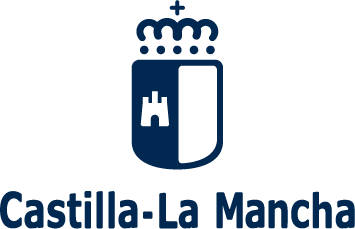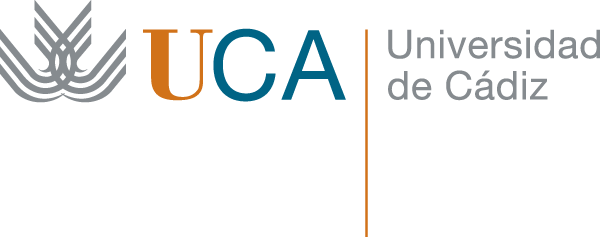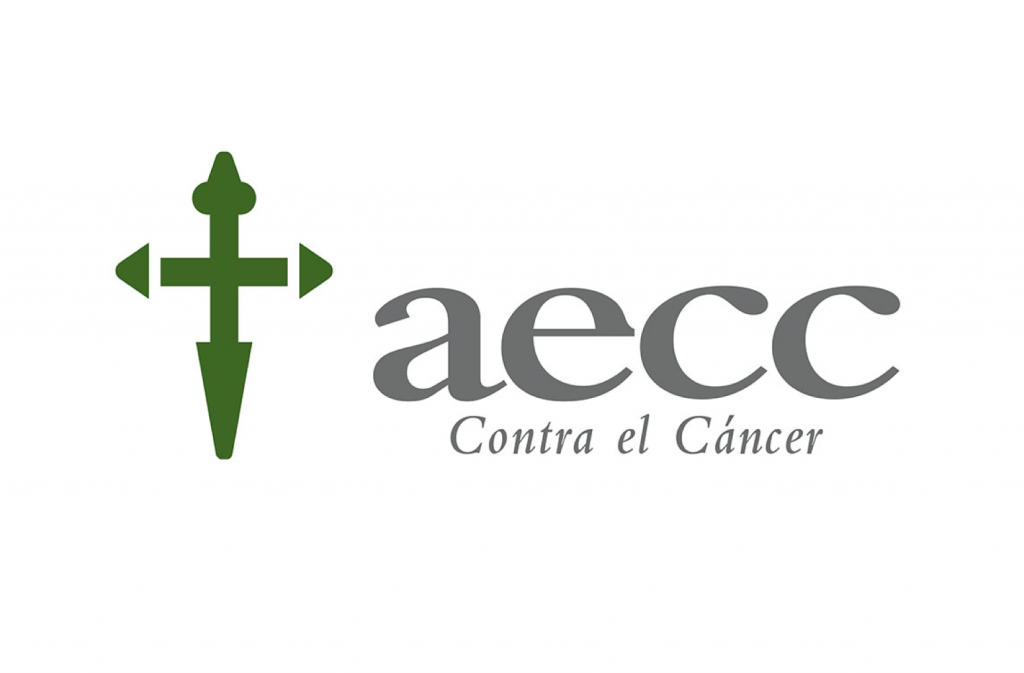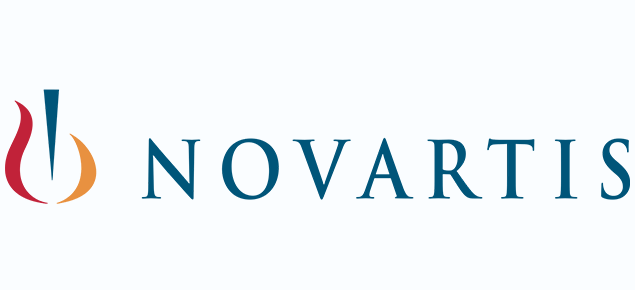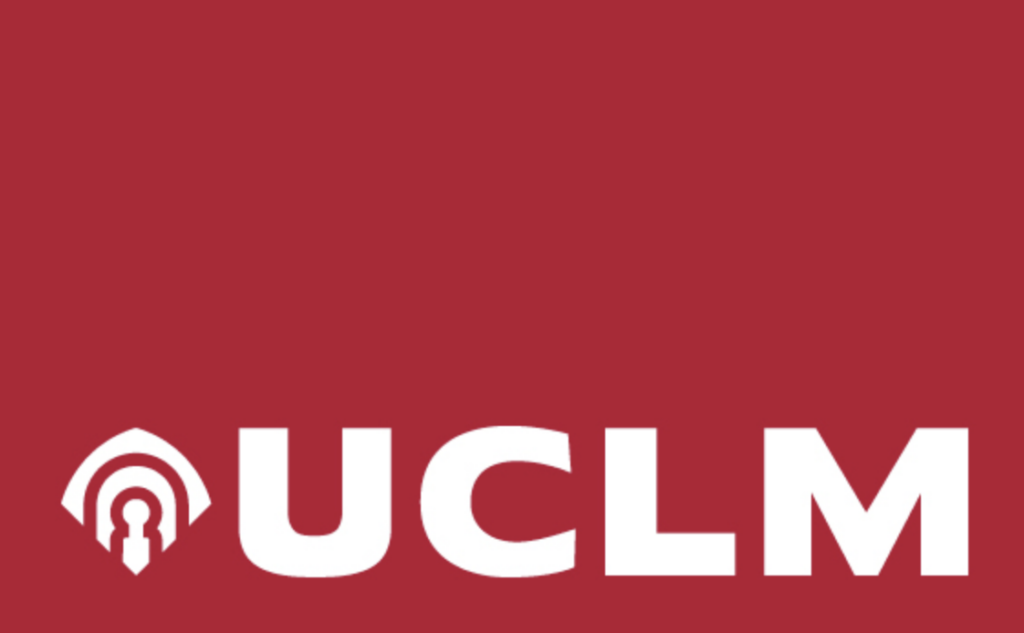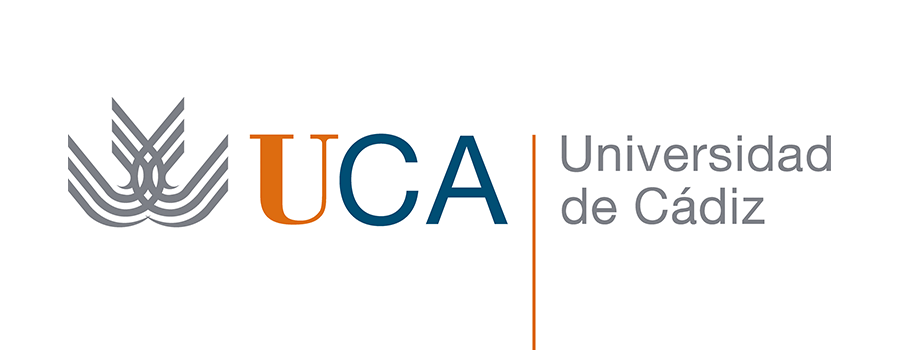Validation and transfer of oncological data and biomarkers based on mathematical models (AFTERbioMATH)
AFTERbioMATH aims to transfer knowledge generated in the context of our project PID2019-110895RB-I00 around three objectives of high translational relevance.
i) Pediatric acute lymphoblastic leukemias (ALL) are the most frequent cancer in childhood and the most frequent cause of cancer death in children. Although conventional treatments succeed in curing the disease in 80% of cases, the rest relapse after initial treatments and frequently die. The identification of patients potentially relapsing after treatment is of interest because it would allow to initiate earlier the use of innovative CAR T cell therapies and achieve greater therapeutic success in leukemias that are difficult to manage. In our previous project we have identified biomarkers based on discriminant analysis and topological data analysis that allow for relapse prediction at diagnosis. We intend to advance in the transfer of this knowledge by performing an analysis of its technical feasibility, protecting the knowledge generated, developing software for clinical use (prototype) and performing pilot scale tests with end users.
ii) Artificial intelligence combined with medical imaging has potential to be used for differential diagnosis, automatic tumor detection and contouring, and prediction of survival and response to treatment. However, large databases with carefully calibrated ground truths are needed to realize this potential. In AFTERbioMATH we intend to publish a database of medical images of brain metastases collected in the context of our PID project including more than 1000 lesions. This open database can have a huge impact on the progress of the subject and the development of new AI applications.
iii) Brain metastasis is a complication affecting 20% to 30% of cancers. After treating brain lesions with radiosurgery, growth of the lesion is frequently observed, which can be due to either tumor relapse or an inflammatory process called radiation necrosis. While the latter resolves spontaneously, relapse usually requires surgical treatment which is more successful if performed promptly. It is very difficult to discriminate between the two processes in routine clinical practice, resulting in therapeutic decisions being made with a limited amount of information. In our PID project we have found, using differential equations, different growth dynamics in both types of lesions, which makes it possible to discriminate them. In the context of AFTERbioMAT we will analyze the technical feasibility of this biomarker, develop digital tools to implement it and perform pilot scale tests with end users to transfer the mathematical knowledge previously generated.
To develop the project we have set up a large research team made up of mathematicians from the Universities of Castilla-La Mancha and Cadiz, and medical specialists in pediatric onco-hematology and neuro-oncology from the hospitals 12 de Octubre, Virgen del Rocío, MD Anderson Cancer Center, Virgen de la Arrixaca, Jerez, Niño Jesús, Salamanca, Sanchinarro, IVO, Marqués de Valdecilla and Regional Universitario de Málaga. The team has two postdocs and eight doctoral students who will benefit from participating in a project aimed at knowledge transfer.
Funding entity
Ministry of Science and Innovation (Spain), Proof of Concept Program (2023-2024)
Institutions
University of Castilla-La Mancha, University of Cádiz, H. San Chinarro, H. Virgen del Rocío, H. Niño Jesús, IVO, H. Valdecilla, H. Virgen Arrixaca, H. 12 Octubre, H. Univ Salamanca, H. Carlos Haya
Principal investigator
Investigators
23
Duration
2 years
Molab´s participants
Rosa Durán, María. Aragonés González, David G.. Belmonte Beitia, Juan. Blazquez Goñi, Cristina. Bosque Martínez, Jesús. Chulián García, Salvador. García Otero, José . Jiménez Sánchez, Juan. Martínez Rubio, Alvaro. Molina García, David. Ocaña Tienda, Beatriz. Ortega Sabater, Carmen . Ortíz de Mendivil, Ana. Pérez Beteta, Julián. Pérez García, Victor M.. Ramírez Orellana , Manuel. Ramos González, Ana. Romero Rosales, José Antonio.



